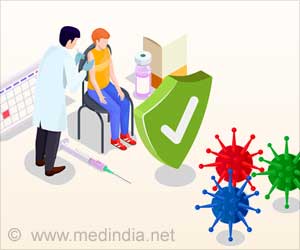“Our results show that it is possible to predict and target specific areas that are high-risk, as opposed to putting all businesses under one umbrella. Such risk-targeted policies can be significantly more effective, both for controlling Covid-19 and economically,” said lead author Sepanta Zeighami, a computer science Ph.D. student advised by Professor Cyrus Shahabi.
“It’s also unlikely that Covid-19 will be the last pandemic in human history, so if we want to avoid the chaos of 2020 and the tragic losses while keeping daily life as unaffected as possible when the next pandemic happens, we need such data-driven approaches.”
To address privacy concerns, the mobility data comes in an aggregated format, allowing the researchers to see patterns without identifying individual users. The data is not being used for contact tracing, identifying infected individuals, or where they are going, said the researchers.
“Our approach relies on anonymized aggregate data,” said Shahabi, study co-author and Helen N. and Emmett H. Jones Professor in Engineering and Professor of Computer Science, Electrical and Computer Engineering, and Spatial Sciences. “It is the same as traffic data, where an individual’s information is not revealed, but the aggregate data will help you to make a decision on whether to use a certain freeway at a certain time.”
Source: Eurekalert



